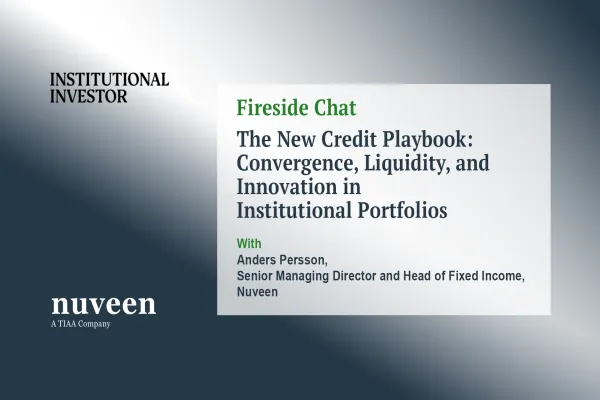No mere crisis will strong-arm Cliff Asness or other stubborn value investors.
“Is (Systematic) Value Investing Dead?” he asked in the title of his latest blog, before answering in the first line: “No it’s not.”
Of course, Asness — co-founding principal of AQR Capital Management — is biased. “It goes without saying that we have a horse in this race (OK, we have a whole team of horses in this race),” he wrote.
Having endured years of underperformance, value investors got knocked down again in the first quarter of 2020, which registered as the worst ever for value. In reaction, asset managers are getting vocal about the strategy’s longer term prospects.
In the blog post and in a webinar for clients, Asness made the case for value and put to the test some popular arguments that the investing style has stopped working. Asness evaluated accounting measures beyond price-to-book, which critics have said is no longer useful because it doesn’t capture the value of companies’ intangible assets like software and intellectual property. Others claim that ‘winner-take-all’, monopolistic-like companies dominate the economy and throw off traditional valuation measures, or that cheap stocks just deserve to be cheap.
Value is indeed out of whack, according to Asness. “If you think the world, particularly for value investors, went nuts very recently after already being terrible for value investors for a long time, you are correct,” he said in the webinar Friday.
“What is the price to book of the top third of expensive stocks divided by the price to book of the bottom one-third of cheap stocks? So the median is about 5.5 — [meaning] throughout history, the median is that expensive stocks sell for 5.5 times more in terms of price-to-book than the cheapest stocks. The current figure is rounding to 12: that’s the highest we’ve ever seen,” said Asness.
[II Deep Dive: Why Value Investing Sucks]
His fellow long-struggling value managers are playing defense, as well.
“It’s so extraordinarily cheap,” said John Rogers, co-CEO and chief investment officer of Ariel Investments, during a recent web event. “There are just extraordinary bargains there. I think it’s going to be a violent turn that will give value investors a great opportunity over the next decade.”
David Herro, Harris Associates’ CIO, argued that the underperformance of value has scared away investors. “There’s so much underexposure to these businesses. I don’t know exactly what the catalyst will be – probably some view of the light at the end of the tunnel in terms of economic recovery. But when it does happen, I think it will be to value,” according to Herro, who also spoke during Ariel’s online event.
Asness addressed systematic value, but said the conclusions apply to fundamental managers as well. After evaluating different measures of value and running models that don’t include winner-take-all companies, Asness determined that these factors are not changing the value story.
“Investors are simply paying way more than usual for the stocks they love versus the ones they hate, without that behavior being rooted in anything we can find that seems like a great, rational economic story,” he said. For patient value investors, that irrationality is ultimately good. “If we’re right, that’s exciting. We say timing is an investing sin, but we’ve also said we can sin a little at true extremes. We don’t know when, but we believe value will come back, and be big.”
“The medium-term odds for value are dramatically more favorable than normal, and on many scales they are better than any other period in history,” Asness said in the webinar. “The pain we’re all in — and I don’t discount that at all — it has one bright spot. If you’re a long-term investor, in a strategy that is painful to stick with, but that delivers strong long-term results if you do stick with it, that strategy is very hard to arbitrage away.”







